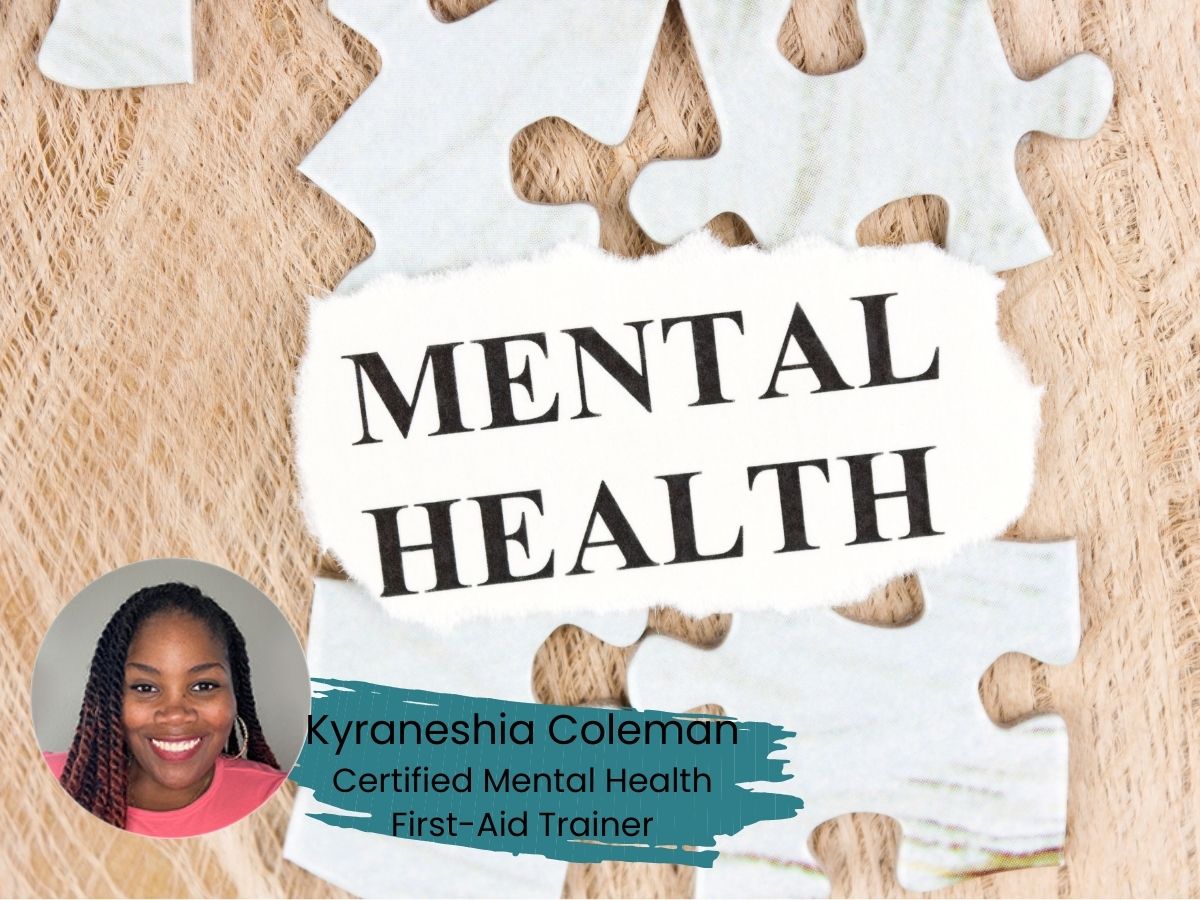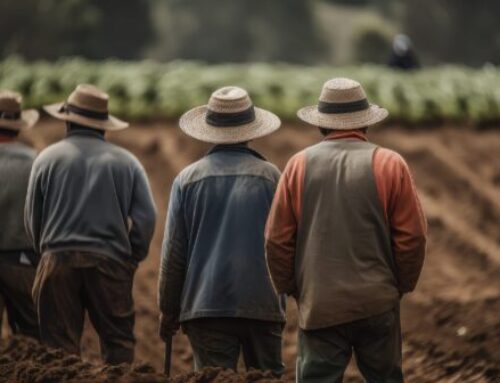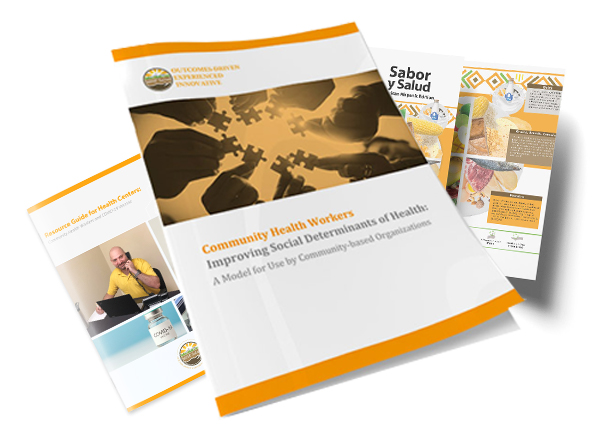CHWs and Mental Health First Aid
High stress. Financial instability. Isolation. Natural disasters. Labor shortages. Agricultural workers endure it all.
And it all adds up to increased suicide rates – 2 to 5 times higher than the national average, in fact. Yet, the stigmas related to seeking mental health support persist, as farm workers continue to believe they must manage such difficulties on their own. (American Farm Bureau Federation [AFBF], n.d.).
That’s why Community Health Workers (CHWs) are essential – and, to maximize their impact, it’s imperative that CHWs are comfortable in recognizing and addressing symptoms of mental health distress, as crises can present differently for everyone. Without proper support, these challenges may escalate, increasing the risk of severe outcomes. But promoting accessible responses can help mitigate crises and create a pathway to recovery and well-being (Psychology Today, 2025) – and that’s where Mental Health First Aid comes in.
The Role of Mental Health First Aid for CHWs
Kyraneshia Coleman, Program Director at MHP Salud and a Mental Health First Aid Instructor, offers a glimpse into Mental Health First Aid, emphasizing the importance of equipping CHWs with the skills to address mental health needs – especially important given the shortage of mental health providers in rural and agricultural locations.
Kyraneshia, what is Mental Health First Aid?
Kyraneshia: Mental Health First Aid is a comprehensive training that can truly equip CHWs to serve as lifelines for someone experiencing a mental health crisis. Once trained in Mental Health First Aid, CHWs can:
- Recognize crisis signs – Identify warning signs of mental health distress.
- Provide immediate reassurance – Offer comfort and initial support.
- Connect individuals to resources – Direct those in need to professional care.
- Respond effectively – Apply hands-on skills learned through role-playing and real-life scenarios (MHA, 2024).
Why does Mental Health First Aid matter?
Kyraneshia: Just as we instinctively call 911 in a medical emergency, Mental Health First Aid becomes second nature to CHWs as they:
- Support individuals in crisis and non-crisis situations.
- Strengthen a person’s support networks.
- Reduce the risk of severe mental health outcomes, including suicide.
By integrating Mental Health First Aid into their work, CHWs can make a real difference in someone’s life—their support may be the first step in an individual’s recovery journey.
Why is it important for CHWs to become trained in Mental Health First Aid, particularly when working with agricultural workers?
Kyraneshia:
CHWs are trusted members of their communities, which makes them uniquely positioned to provide immediate and meaningful support. When CHWS are trained to recognize and respond to mental health needs, they can identify distress signals—many of which might otherwise go unnoticed—and intervene before a crisis worsens.
Mental Health First Aid reinforces the key factors in mental health support:
- Awareness – Recognizing the signs of a crisis.
- Accessible mental health resources – Ensuring help is available.
- Real-time responses – Acting quickly to provide support.
To learn more about how you or your team can become a Youth or Adult Mental Health First Aider, contact NTTAP@MHPSALUD.ORG.
Key Warning Signs of a Mental Health Crisis
Mental health crises do not always present obvious symptoms, but common indicators include (National Alliance on Mental Illness [NAMI], 2018):
- Difficulty with basic daily tasks (hygiene, dressing, eating)
- Extreme mood swings, agitation, or withdrawal
- Increased aggression, self-harm, or substance abuse
- Delusions, hallucinations, paranoia, or detachment from reality
- Social isolation from daily activities
If you or someone you know is in crisis, call the 988 Suicide & Crisis Lifeline or dial 911 for emergencies.
Real-time Mental Health Resource
The 988 Lifeline provides free, confidential, 24/7 support for individuals in crisis, ensuring immediate access to professional mental health help (988 Suicide & Crisis Lifeline, n.d.).
How 988 Lifeline Works
- Call, Text, or Chat – Dial 988 for 24/7 crisis support.
- Immediate Support – Trained counselors provide guidance, coping strategies, and referrals.
- Nationwide Access – Available to anyone needing emotional support or mental health resources.
References
National Alliance on Mental Illness. (2018). Navigating a mental health crisis: A NAMI resource guide for those experiencing a mental health emergency. https://www.nami.org/wp-content/uploads/2023/07/Navigating-A-Mental-Health-Crisis.pdf
National Council for Mental Wellbeing. (n.d.). Mental Health First Aid matters. https://www.mentalhealthfirstaid.org/about/
988 Suicide & Crisis Lifeline. (n.d.). 988 Suicide & Crisis Lifeline. https://988lifeline.org/
Psychology Today. (2025, February 20). Understanding our agricultural behavioral health crisis. Psychology Today. https://www.psychologytoday.com/us/blog/systemic-insights/202502/understanding-our-agricultural-behavioral-health-crisis





